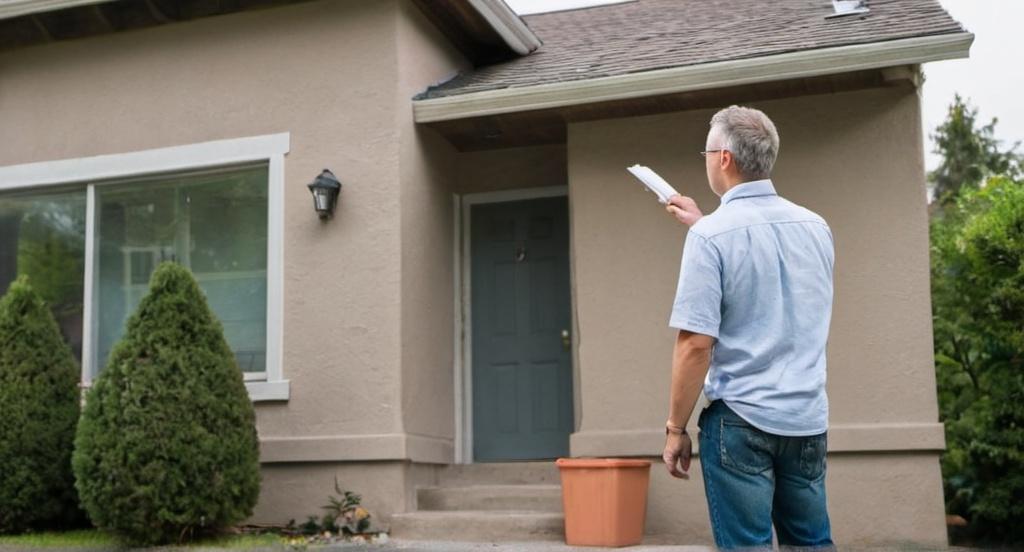Key Take Aways about A Parent’s Guide to Helping Their Student Rent an Apartment
- Define a budget based on income and expenses.
- Choose a convenient and safe location.
- Carefully review lease agreements for terms and hidden fees.
- Consider needing a guarantor if lacking credit history.
- Document apartment condition for security deposit recovery.
- Coordinate shared expenses with roommates via agreements.
- Understand utility costs and verify pet policies.
- Discuss renter’s insurance for protection against mishaps.
- Clarify responsibility for maintenance and prompt issue reporting.

The Basics: Getting Started with Apartment Hunting
So, your kid’s striking out on their own and looking to rent an apartment. Exciting, right? It’s a rite of passage, like learning to drive or figuring out the washing machine. Let’s cut through the fluff and get to the point. The first thing you’ll need is a budget. Sounds simple, but it’s more of a balancing act than it seems. Help your student figure out how much rent they can afford by reviewing their income, whether from a part-time job, scholarships, or allowance.
Location, Location, Location
Picking the right spot is like picking the best apple from a basket—all about taste. Think about the commute to school or work, access to public transport, nearby grocery stores, and yes, that all-important Wi-Fi signal. Living close to amenities might mean shelling out a bit more in rent, but saving on commuting can balance the scales a bit. And hey, if a neighborhood feels safe, it’s probably worth considering.
Lease Agreements: Fine Print and Lingo
Leases can sometimes sound like they’re written in another language, and let’s be real, they’re not the most riveting read. But they’re critical. You’ll want to dive into it like it’s the latest bestseller. Check for the length of the lease, renewal terms, rent increase provisions, and who pays for utilities. Sneaky fees can lurk in the details, so go through it with a fine-tooth comb.
Guarantor: The Safety Net
Ah, the guarantor—a fancy word for financial backup. If your student doesn’t have an extensive credit history, they might need someone, usually a parent, to vouch for them financially. This isn’t a walk in the park, so know what you’re signing up for before you agree. It could mean taking responsibility if rent isn’t paid on time, so only jump in if you’re comfortable with the stakes.
Security Deposits: Money on Hold
When it comes to security deposits, this is the money you kiss goodbye initially, hoping it returns at the end of the lease. Encourage your student to document the apartment’s condition upon moving in. Photos with a timestamp are like insurance; they can protect against losing the deposit over damage disputes later.
Roommates: Shared Space, Shared Bills
Living with roommates can be both a cost-saving strategy and a lesson in diplomacy. Your student may split the rent, but shared expenses like utilities and groceries will also need negotiation. It’s crucial to have an up-front and frank discussion about responsibilities and finances—even on who takes out the trash. A roommate agreement can work wonders in avoiding future drama.
Utilities and Extras: Hidden Costs
Utilities aren’t always included in the rent, and they can quickly add up. Think water, electricity, gas, internet, and trash collection fees. Get an estimate beforehand to avoid nasty surprises. And, if your student can’t live without their pet goldfish, make sure the apartment is pet-friendly—some landlords charge extra for furry companions, or scale-y, in this case.
Renter’s Insurance: Because Life Happens
Renter’s insurance is one of those low-key things people often overlook. It can cover personal belongings in case of fire, theft, or some other mishap. It’s usually affordable, so it’s worth discussing whether your student should get it. It’s like wearing a helmet—not always glamorous, but definitely useful when things go sideways.
Maintenance and Repairs: Know the Drill
Maintenance is another area where clarity is king. Your student should know who to call when things get leaky or creaky. Most landlords will handle major repairs, but tenants might be on the hook for minor fixes. Encourage your student to report problems promptly and document any issues.
Final Thoughts
Helping your student rent an apartment can feel like a monumental task, but breaking it into manageable steps makes it easier. With a bit of guidance and a lot of communication, you can help set them up for an independent and successful move. Now, if only assembling their IKEA furniture was this straightforward!